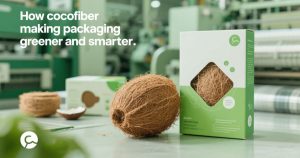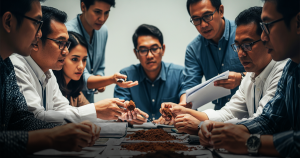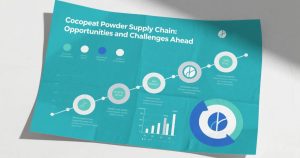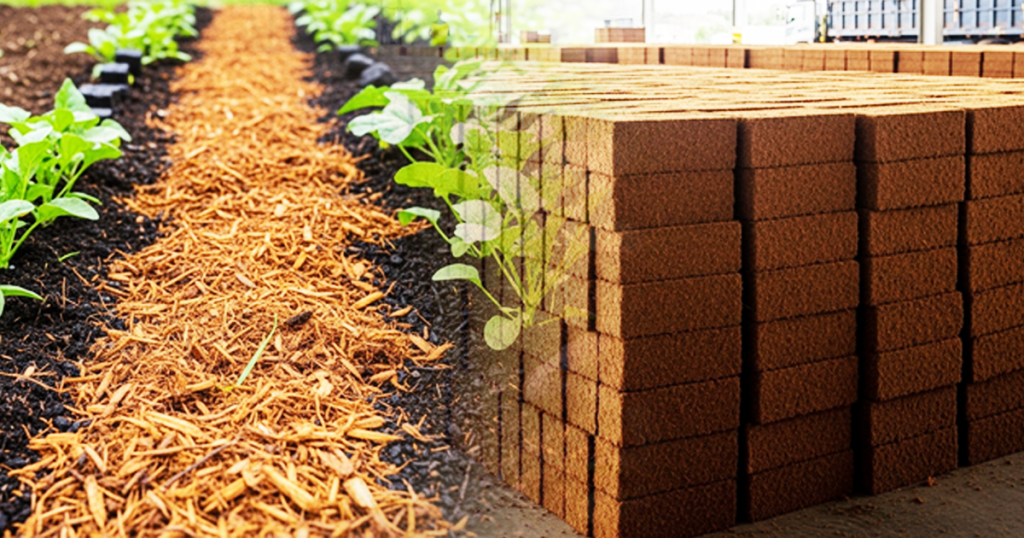A Growing Industry Rooted in Rural Realities
In the quiet outskirts of tropical countries like Indonesia, India, and the Philippines, coconut trees have long been symbols of sustenance. However, what was once discarded as agricultural waste particularly coconut husk has now become a lifeline for marginalized communities.
Coco bristle, the stiff fiber extracted from coconut husks, is changing lives, not through technology alone but through empowerment.
As a researcher who has spent years studying the byproducts of coconut processing, I have witnessed firsthand how coco bristle has evolved into an instrument of social transformation.
From Agricultural Waste to Global Commodity
The production of coco bristle starts with retting, a traditional method where coconut husks are soaked in water to separate the fiber. This method, often seen as labor-intensive, is now becoming a source of employment in rural regions where jobs are scarce.
In regions such as Tamil Nadu, East Nusa Tenggara, and Southern Luzon, coco bristle processing facilities are increasingly run by community-based cooperatives. These cooperatives employ local workers, often women and young people, who otherwise face limited economic opportunities.
While the global demand for eco-friendly materials grows, particularly in the brush and broom industries, so does the demand for coco bristle. Export markets in Europe, North America, and East Asia now rely heavily on this biodegradable, durable material.
The shift from manual to semi-mechanized production has created a surge in small- to medium-scale enterprises. As these enterprises grow, so does the opportunity to reinvest in community welfare.
Empowering Women Through Economic Participation
One of the most transformative aspects of the coco bristle industry is its empowerment of women. In many rural areas, traditional gender roles often restrict women to unpaid domestic work. However, coco bristle production offers flexible employment close to home.
In a study conducted in 2024 across several production villages in Java and Mindanao, over 70% of coco bristle workers were women. This shift has significantly improved household income and education access for their children.
Additionally, women’s cooperatives have begun to emerge, managing their own supply chains and reinvesting profits into healthcare and education. The social ripple effect is palpable. Where once stood abandoned rural communities, now thrive sustainable economic hubs anchored in green industry.
Sustainable Practices That Reinforce Social Impact
Unlike synthetic alternatives, coco bristle is completely biodegradable, aligning with global environmental targets. But beyond sustainability, the industry’s structure offers a blueprint for inclusive development.
Local governments and NGOs are collaborating with researchers and agricultural technologists to enhance fiber quality and ensure fair labor practices. This multi-stakeholder approach ensures that growth does not come at the cost of exploitation.
Training centers have been established in multiple regions to improve technical knowledge, covering everything from fiber drying techniques to export packaging standards.
These centers are not only technical hubs but also serve as platforms for community engagement and youth mentorship, further embedding the social mission within the industry.
Challenges and Promise
Despite its promise, the coco bristle sector faces notable challenges. Lack of access to financing, inconsistent quality control, and limited market access still hinder many community-led operations. However, public-private partnerships are beginning to fill these gaps.
International fair-trade organizations are entering the scene, offering certification programs that ensure ethical sourcing and offer producers a competitive edge in the global market.
Looking forward, the integration of AI and IoT into fiber sorting and logistics may further improve efficiency, but these must be implemented with a social-first perspective.
The ultimate value of the coco bristle industry lies not in automation or profit, but in its potential to lift entire communities out of poverty without compromising environmental integrity.







